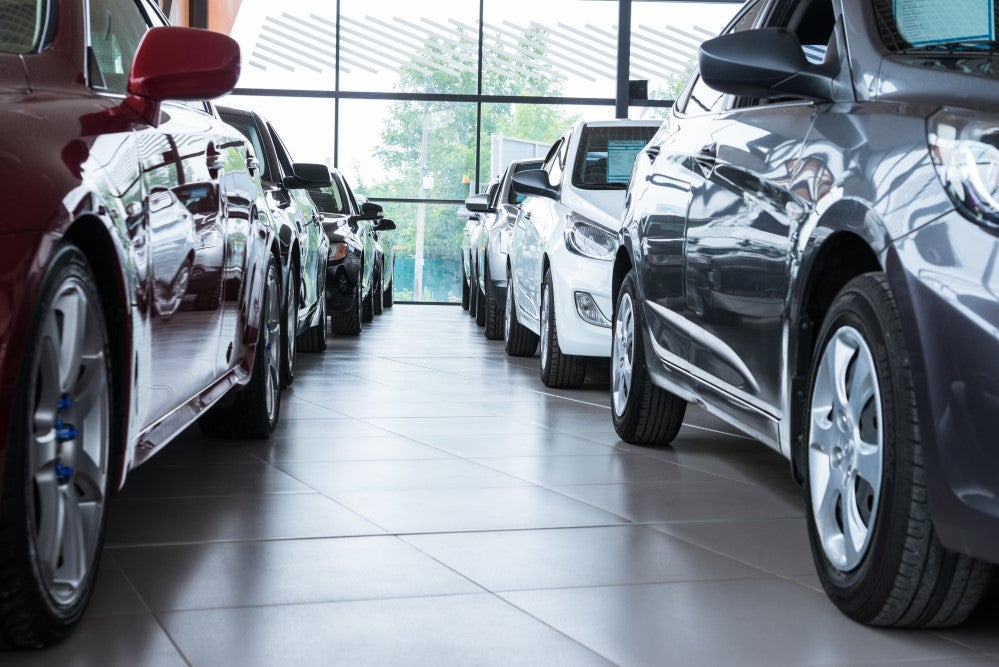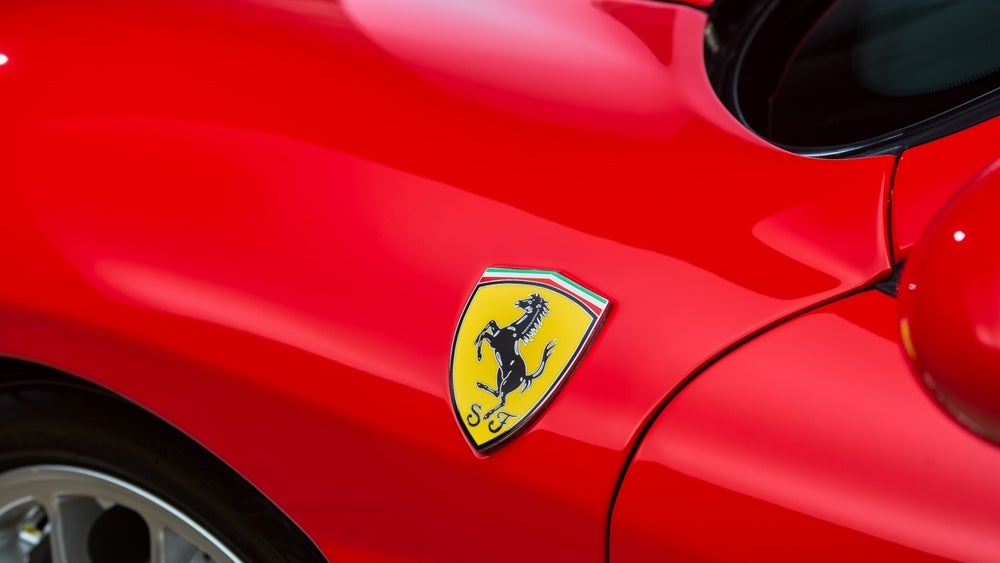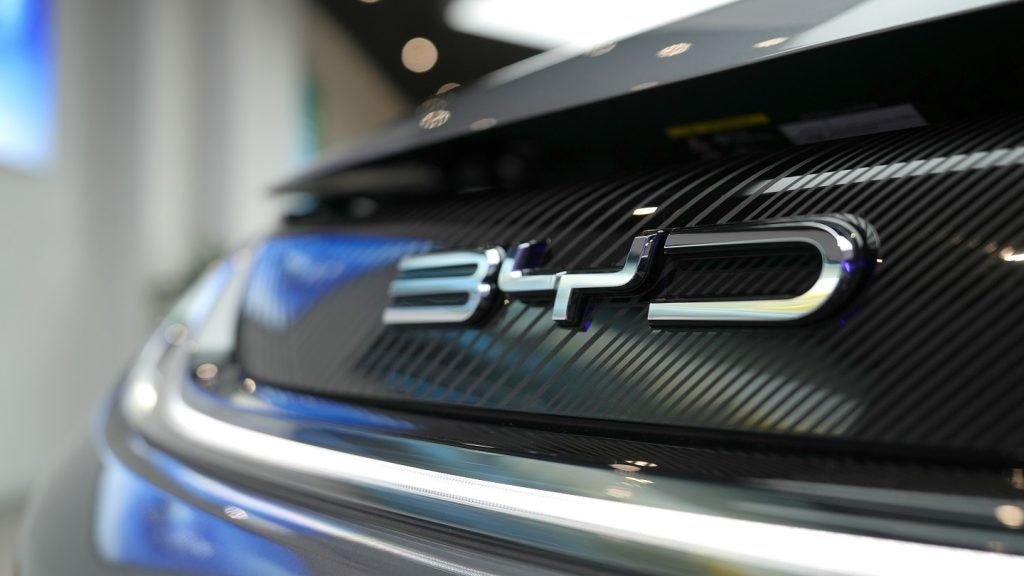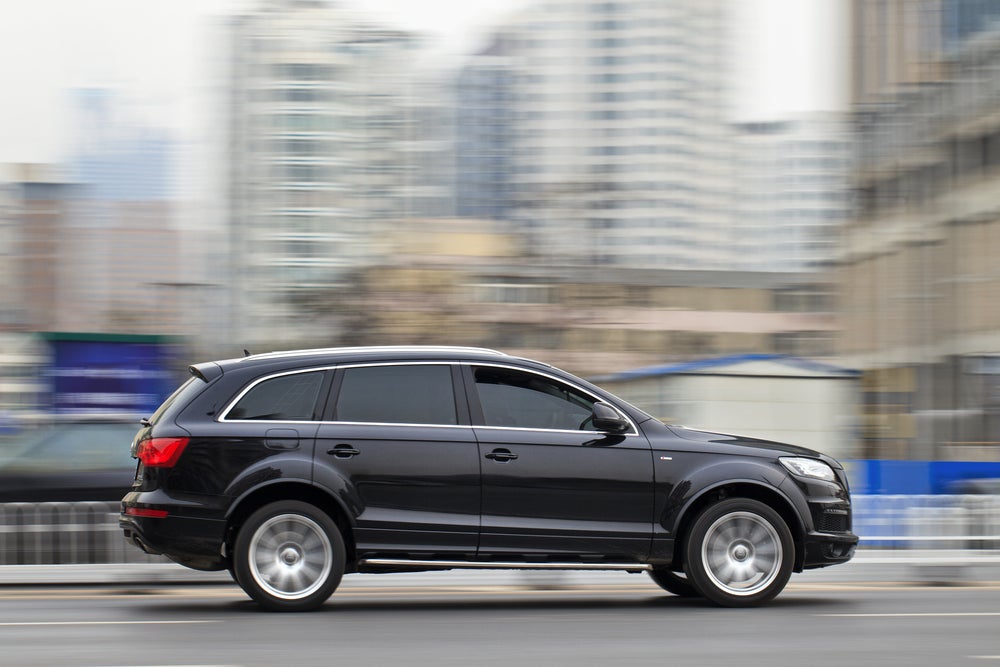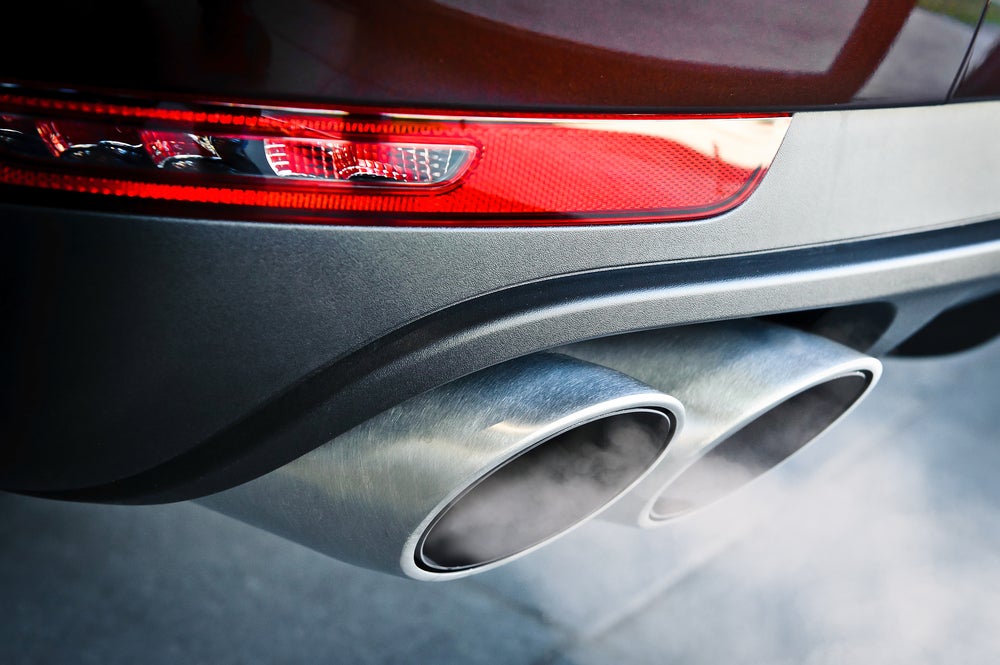
Analysis by T&E, an EU-focused NGO, has revealed that Europe’s top five carmakers have raised the prices of their most affordable models by 41%, on average, since 2019, which is nearly double the cumulative rate of inflation during this period.
Vehicles such as the Peugeot 208, Seat Ibiza, and Renault Twingo have experienced price hikes of almost €6,000, representing a staggering rise of 37% to 56%, according to a press release by Transport & Environment (T&E).
Premium models such as the Mercedes A and B class have seen price increases of over €10,000, marking a 38% and 37% rise, respectively.
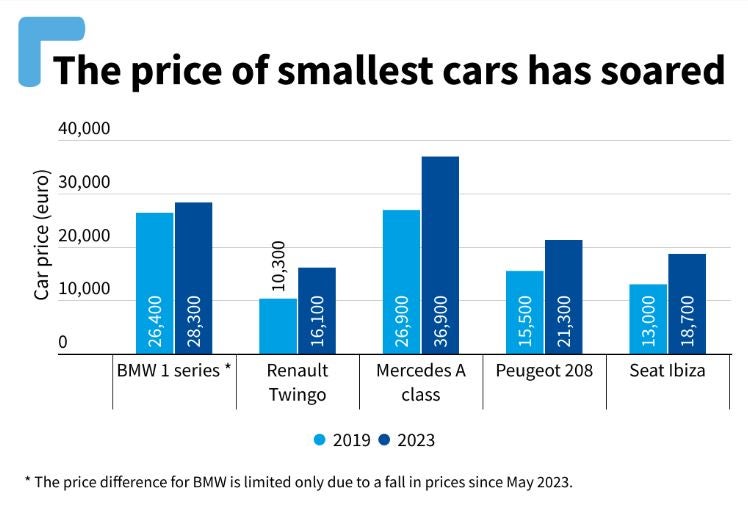
These price hikes exceed current inflation levels or the costs associated with raw materials and other components. As a result, car manufacturers enjoyed record profits of €64 billion last year and have issued record share dividends of €27 billion this year, the group said about the findings.
The T&E analysis comes at a time when the automotive industry has been actively opposing new anti-pollution measures, particularly the Euro 7 standard, estimated to cost €200 per car.
Car manufacturers claim that implementing the Euro 7 standard is prohibitively expensive for both car makers and consumers and will lead to unaffordable price increases.
How well do you really know your competitors?
Access the most comprehensive Company Profiles on the market, powered by GlobalData. Save hours of research. Gain competitive edge.

Thank you!
Your download email will arrive shortly
Not ready to buy yet? Download a free sample
We are confident about the unique quality of our Company Profiles. However, we want you to make the most beneficial decision for your business, so we offer a free sample that you can download by submitting the below form
By GlobalDataThe European Commission proposed the Euro 7 law in 2022 to reduce pollution from various types of vehicles, including cars, vans, buses, and trucks. Clean air campaigners say the initiative could save thousands of lives by curbing air pollution and enhancing air quality for European citizens.
However, the automotive industry launched a campaign to block the Euro 7 standard, arguing that it would make cars, particularly smaller and more affordable models, unaffordable for consumers.
While carmakers have consistently raised their car prices, the European Council and the Parliament’s Environment Committee have been influenced by the industry’s claims. They have watered down the European Commission’s original, relatively modest Euro 7 proposals, T&E said.
Critics say, if not addressed, this could lead to the sale of an additional 100 million highly polluting cars before 2035, continuing to pollute Europe’s roads for decades.
The Euro 7 emissions standards have not yet been officially settled, as car manufacturers and European lawmakers are still in disagreement regarding the permissible emission levels and the precise approach to implementing Euro 7.
Euro 7 will be enforced from July 1, 2025, at which date all newly sold vehicles (in the EU and UK) must meet the requirement of emitting no more than 60 milligrams of NOx to achieve compliance.
The European Parliament is scheduled to meet on November 8, 2023, to vote on its final position regarding Euro 7 before entering into trilogue negotiations with the European Commission and the European Council.
Despite the UK’s exit from the EU, the UK government has pledged to maintain the vehicle emissions standard framework initiated with Euro 1 in 1992 and culminating in the introduction of Euro 6 in 2014. Consequently, new cars available for purchase in the UK will be required to adhere to the Euro 7 compliance standards, with only a few limited exceptions.
Half of UK car buyers are concerned about their monthly vehicle finance payments



